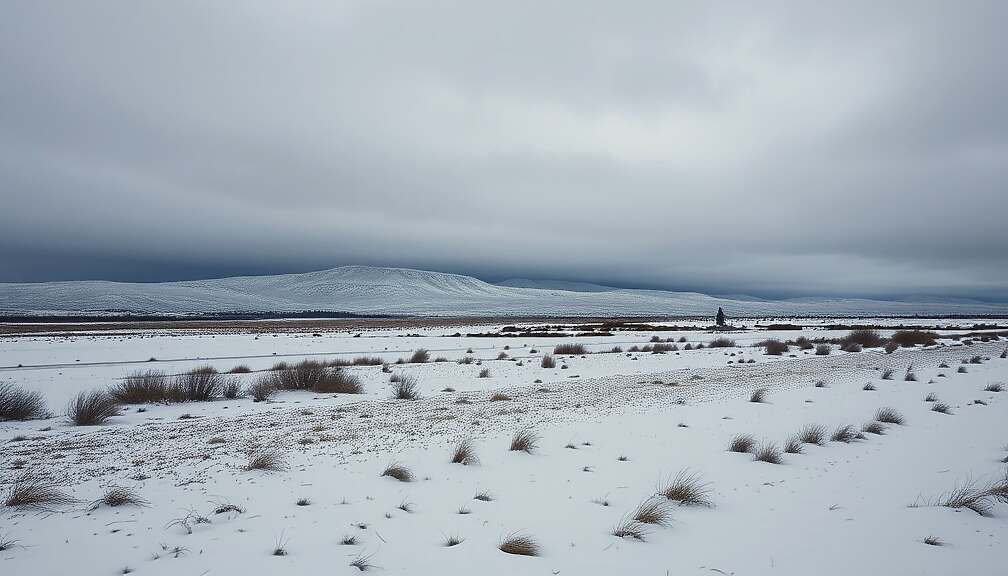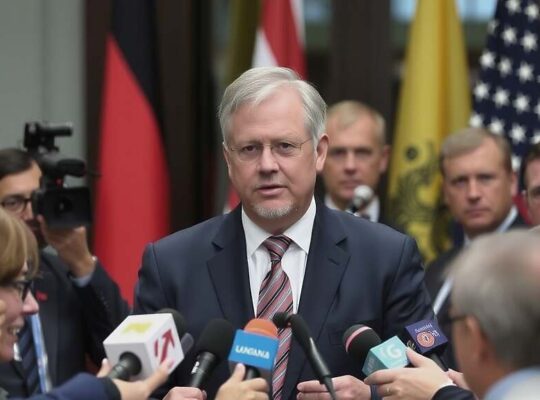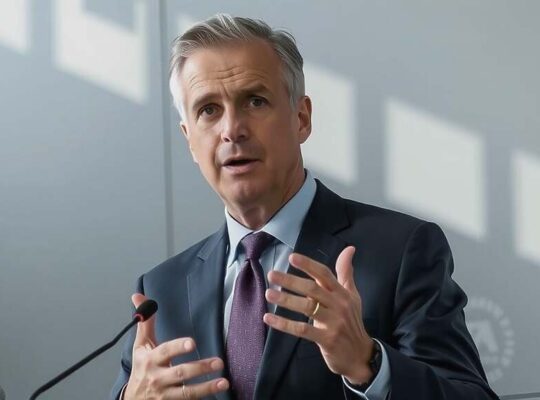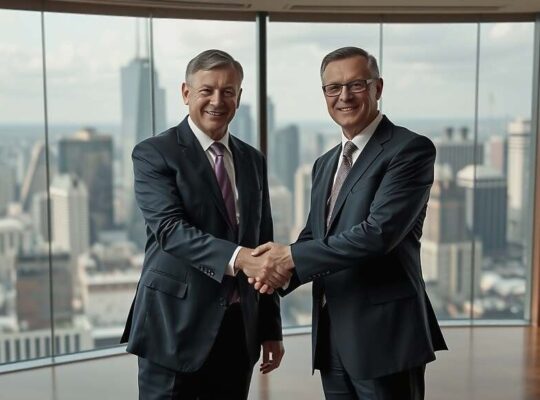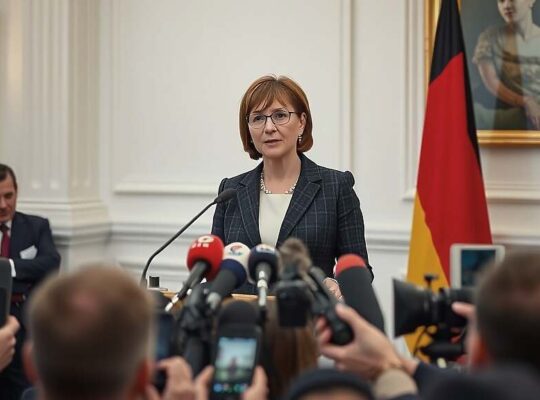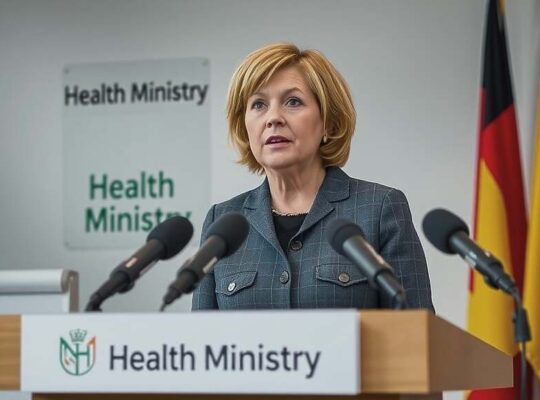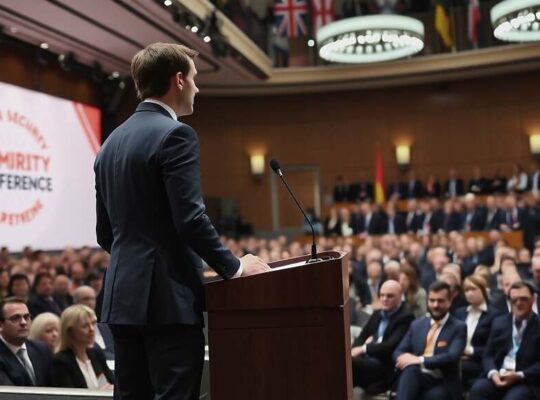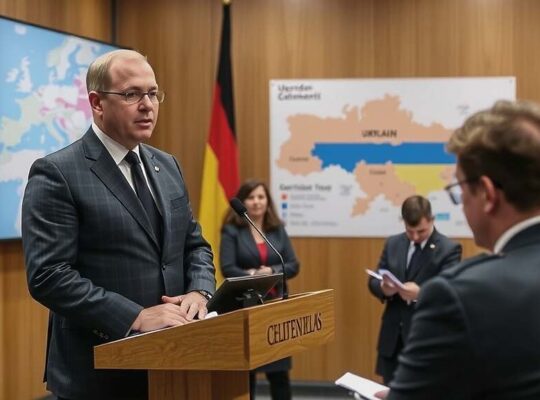The European Union’s High Representative for Foreign Affairs, Kaja Kallas, expressed a confident, albeit potentially premature, assessment regarding the trajectory of the conflict in Ukraine, predicting a point of collapse for Russia’s war effort. Speaking to the Tagesspiegel, Kallas asserted that the war’s conclusion hinges on the depletion of resources for one side, emphasizing the imperative for the EU to ensure that it is Russia facing that crisis.
Kallas laid bare the mounting economic pressure crippling the Russian state. She cited spiraling credit interest rates reaching 17 percent, inflation exceeding ten percent and a precarious situation for a quarter of Russian businesses facing potential bankruptcy. The inevitable need for Putin to implement tax increases, a politically toxic measure, compounded by the escalating financial burden of supporting families of the fallen, paints a stark picture of Russia’s diminishing fiscal capacity.
While acknowledging Putin’s apparent disregard for human cost – citing alarmingly high casualty figures, including estimates of 15,000 deaths in September, 25,000 in October and 28,000 in November – Kallas underscored the irrefutable link between these losses and the growing economic strain on Russia. It’s critical to note that official Russian casualty figures remain unavailable, raising concerns about transparency and potential underreporting.
A significant shift in the geopolitical landscape, according to Kallas, stems from a burgeoning investment in defense by EU member states. For years, Russia has committed roughly eight percent of its GDP to military spending, a figure dwarfing the average of just over one percent from EU nations. Germany’s recent pledge to allocate five percent of its GDP towards the Bundeswehr and defense-related infrastructure signals a decisive turning point.
However, Kallas’s optimism is not without potential pitfalls. The precision and accuracy of casualty estimates remain contested and the inherent complexities of predicting a dictator’s actions – particularly one steeped in autocratic rule like Putin – warrant caution. The EU’s dependence on sustained political will and continued military and financial aid for Ukraine also presents ongoing challenges.


